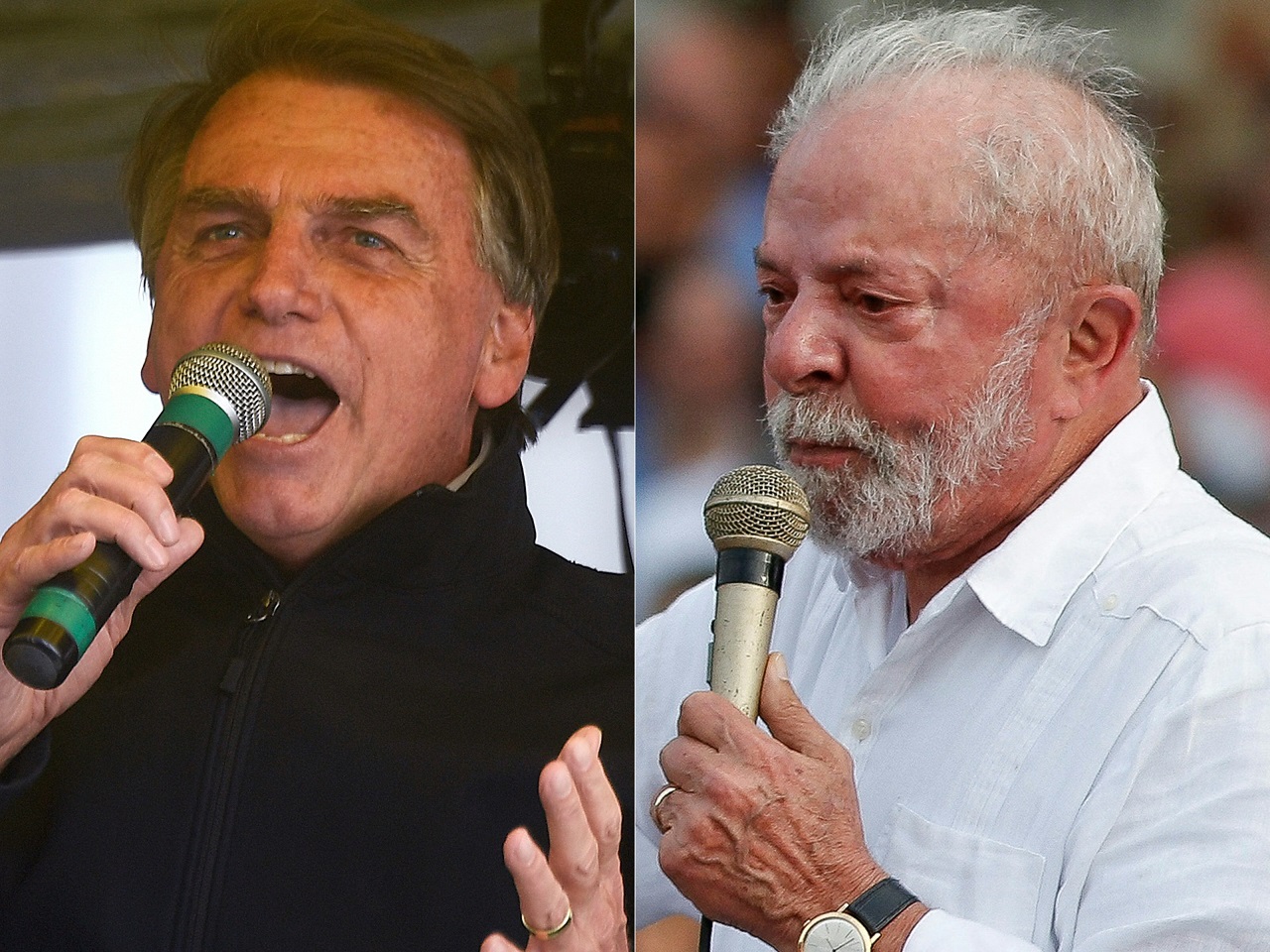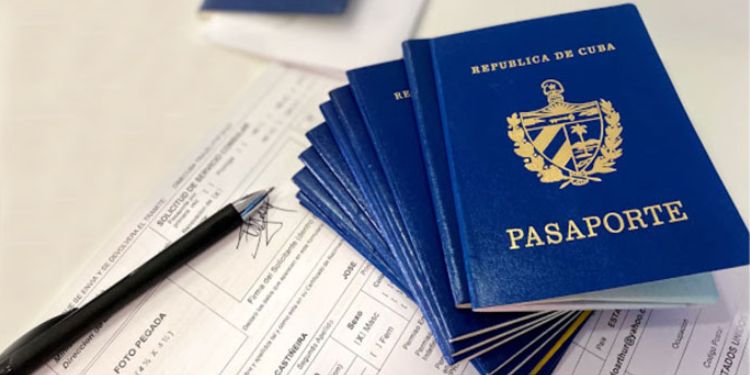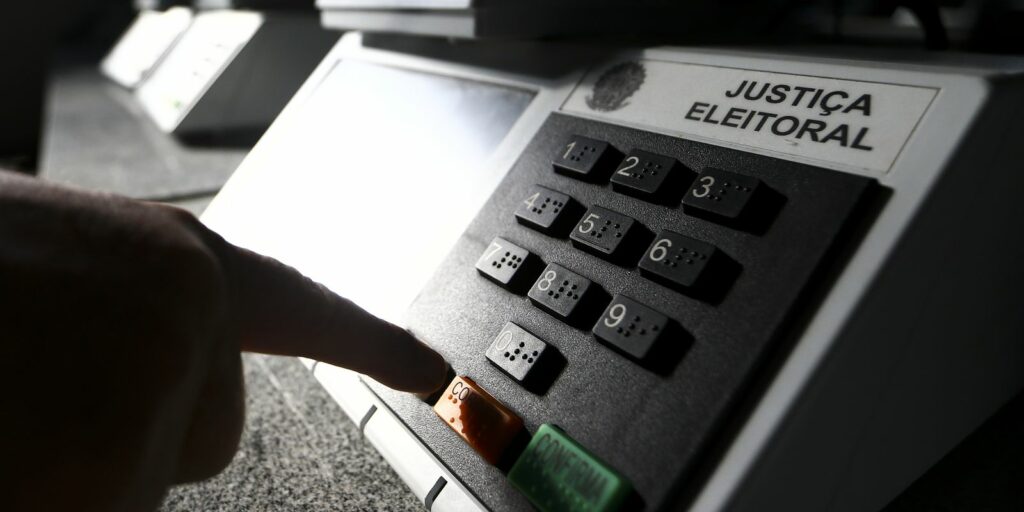The far-right Jair Bolsonaro and the leftist Lula da Silva fight this Sunday their final battle for the presidency of Brazil, in a ballot with an open outcome that keeps the South American giant, deeply divided, in suspense.
The latest survey of the Datafolha Institute published on Saturday reduced Lula’s advantage from six to four points, with 52% of voting intentions compared to 48% for the presidentcompared to two days ago.
In the first round, the polls underestimated the potential of Bolsonaro, who finally finished behind only by five points (43%-48%). The result and the narrow difference of the last poll reinforce the uncertainty in this ballot.
Also read: At least 149 killed in stampede at Halloween celebrations in Korea
Bolsonaro, a former army captain, has delivered mixed messages about whether he will recognize the results in the event of defeat. On Friday he assured that he will: “Whoever has the most votes wins.” “It’s democracy.”
Polling stations will open at 8:00 local time and close at 5:00 p.m. The vote is electronic in this country of 215 million inhabitants and the results are expected a few hours later.
The far-right, 67, relied on the defense of traditional values and the recent improvement in economic data – slowdown in inflation and fall in unemployment -, to defend a second term, while continuing to breathe a nationalist discourse.
You may be interested in: Democracy is at stake in the mid-term elections: Barack Obama
“Brazil above everything, God above all!”, he reiterated when closing a harsh television debate on Friday in front of Luiz Inácio Lula da Silva.
A message especially appreciated by agribusiness and the evangelical population, which represents a third of the electorate and continues to grow in this country with a Catholic majority.
fix brazil
The veteran leader of the left, 77, who had hoped to win comfortably in the first round, He promised to “fix the country” still impacted by the pandemic crisis and its 688,000 deaths.
He recalled his socioeconomic achievements in his two previous terms (2003-2010), when 30 million Brazilians came out of poverty with social initiatives financed with the ‘boom’ of raw materials.
Read More: Russian ships responded to new massive drone attack in Crimea
Lula has the support of the most vulnerable and of those who resented the policies and outbursts of the far-right, such as youth, women and minorities.
The campaign between both shifts was even more abundant in insults and low blows between the two rivals.
Lula associated Bolsonaro with “pedophilia” and “cannibalism”, while the far-right accused him of “drunk” and “traitor of the country”, after the former trade unionist was imprisoned for corruption for 19 months, before being acquitted on procedural grounds in 2019.
Misinformation flooded social networks, but also the television debates between both candidates who incessantly accused each other of lying.
The electoral justice acted almost daily to order the removal of viral videos with false content from both camps.
















